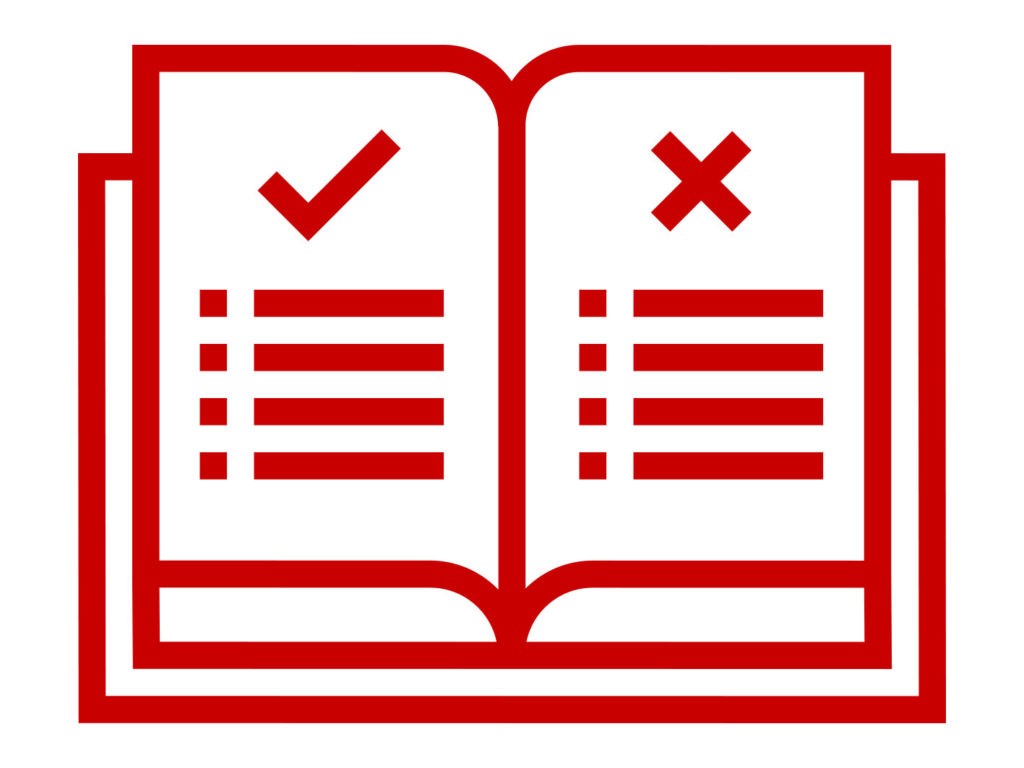
Gratuities
With the party season in full swing, hospitality venues look increasingly likely to adopt a cash-only tips policy, rather than accepting gratuities by credit or debit card.
The Revenue manual includes this guidance: ‘Gratuities from customers (for example, service charges in hotels, tips in restaurants) paid to the employer and subsequently paid out to an employee should be included in pay for the income tax week or month in which they are paid out’ (emphasis added).
Tips paid in cash directly to the employees should be included by the workers themselves in their own annual tax return. Cash gratuities paid directly to the staff member never came in scope of PAYE, so employers’ PRSI was not due on the payment and, therefore, they are administratively easier for employers to deal with.
Prior to the Payment of Wages (Amendment) (Tips and Gratuities) Act 2022, an employer would have deducted normal PAYE tax, USC, employees PRSI and credit card commissions on tip payments made by card. Prior to the Act, an employer could have also deducted any amount from the tips for processing cost or employers PRSI.
However, once the Act is commenced, no deduction from the tips may be made except normal PAYE tax, USC, employees PRSI, and credit card commissions. This means that tips processed by an employer will result in the employer having, in most cases, an additional 11% of the tips cost to pay over to Revenue in employers’ PRSI.
Tips processed by an employer will result in an additional 11% in employers’ PRSI
Financial services
The government has launched an updated strategy for the development of Ireland’s international financial services sector to 2025. The plan looks at the operating environment, technology and innovation, talent, communications and promotion.
It identifies several strategies to both protect and grow the sector, including the wider use of AI and automation, and highlights the need for the development of skills and talent. The strategy seeks to ensure that Ireland is both a ‘prudent location’ to operate from and a competitive location.
Of the world’s top 25 financial services companies, 20 are based in Ireland
Of the 44,000 people who work in the sector, a substantial proportion are ACCA members. Government data shows 14 of the top 15 global aircraft lessors are now based in Ireland; 20 of the world’s top 25 financial services companies; 17 of the top 20 global banks and 11 of the world’s top 15 insurance companies have operations here.
More than €4 trillion in fund assets are administered here. Ireland is the third-largest global investment funds domicile, the largest European domicile for ETFs, and a leading location worldwide for hedge fund administration.
Employment permits
In a welcome move for many industries and sectors, including the accounting profession, the Employment Permits Bill 2022 seeks to modernise the system in Ireland.
There is a critical shortage of accountants in Ireland
The Bill will see:
- the introduction of a seasonal employment permit
- revision of the labour market needs test
- the streamlining of a number of requirements to make the grant process more efficient
- additional conditions for the grant of an employment permit, such as training or accommodation support in some circumstances, or making innovation or upskilling a condition of grant, where this may decrease future reliance on economic migration.
There is a critical shortage of accountants in Ireland at all levels and for almost all sectors. ACCA accountants are specifically listed as one of the critical skills shortages.
However, it takes up to six weeks to get an employment permit issued for a non-EEA job vacancy. The candidate then has to apply for a residency permit in their local embassy or consulate, which can take an additional six weeks. With some time lag between job offers and acceptances and in getting applications lodged, the process can take 14 weeks, so reducing the delay will be helpful.
ISQM
The International Standard on Quality Management (ISQM) is effective as of 15 December 2022 and requires that an audit firm have in place a quality manual, which is a similar but greatly enhanced version of the ISQC1 manual that all audit firms must have up to the changeover. IAASA has produced a YouTube video and ACCA has online resources covering the new requirements.
Compliance with ISQM will, for most practices, require the purchase of a proprietary ISQM manual from an audit training firm containing tools to help identify the particular audit risks in the firm, which will then be assessed for their impact and potential occurrence. The risks that have a potential material impact will require a mitigating policy, which will then in effect become the ISQM manual for the firm.
European Single Electronic Format
ESMA has recently published an updated ESEF Reporting Manual applicable to the 2022 financial year. The Irish Auditing and Accounting Supervisory Authority (IAASA ) has recently discouraged companies from using pdf to HTML automatic conversion tools, recommending instead that ‘inline HTML’ be used as this produces a cleaner solution.
IAASA has also issued an Observations paper where issues with tagging are identified. This includes matters such as dashes not being tagged as a zero, and not all numbers being tagged, especially when the same number is in multiple locations. IAASA observed that some of these errors may have arisen due to the use of automated conversion tools.
Accepting rental deposits or acting as a rental agent is a regulated activity
Auditing standards
While it is not common practice to reissue every standard that has an inconsequential or conforming amendment, subsequent to the revision of ISA (Ireland) 315, Identifying and assessing the risks of material misstatement, IAASA has issued updates to all of the standards in this category.
Rent collection services
A number of accounting practices have been approached by their property-owning clients asking if the accountant will use their client account to collect rent on the clients’ behalf. The Property Services Regulator (PSRA) has confirmed that pure collection of rent is not a regulated activity and an accountant may do this.
ACCA will require that such activities are covered by a letter of engagement; that all of the transactions are processed through a client account; and that the client money is accounted for correctly.
It is recommended that a separate client rent account be opened for each client to avoid comingling of funds. Accepting rental deposits or acting as a rental agent is a regulated activity and requires authorisation from the PSRA.

